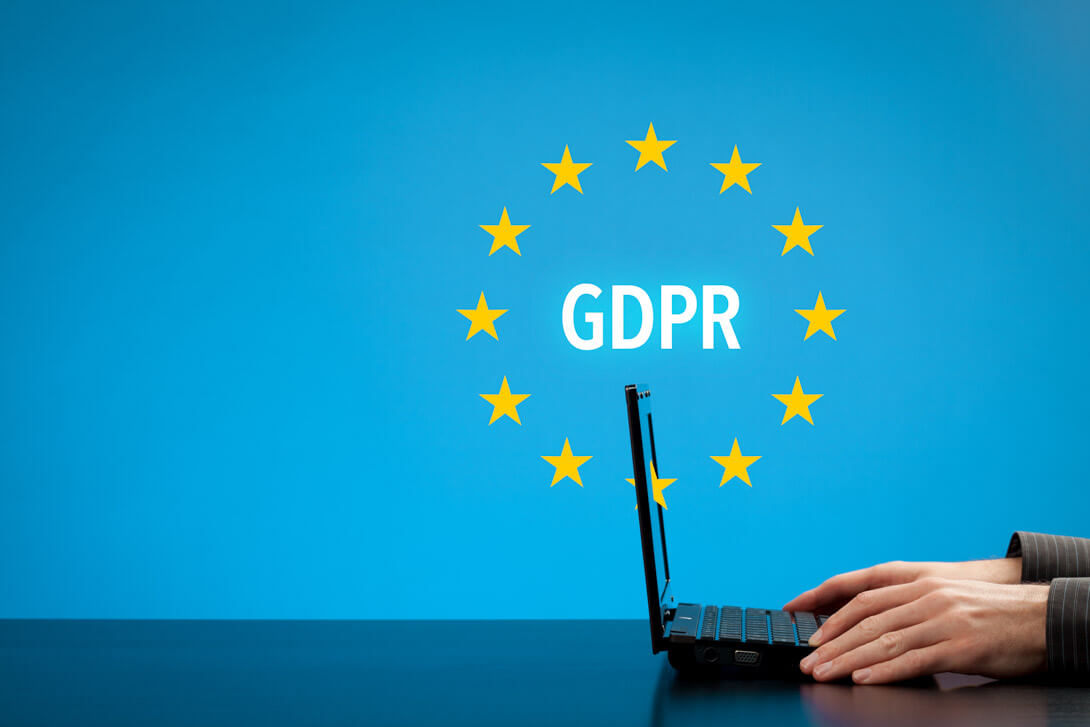With IAM solutions, enterprises can get closer to the customers and it helps in building trust and engagement along the way.
Main Technical Requirements of GDPR to be Fulfilled
The General Data Protection Regulation (GDPR) which has come into effect from May, is an act passed by the European Union and it establishes strict control over the handling of personal data of EU citizens. Any non-compliance by organizations will result in steep fines up to the tune of €20,000,000 or 4% of the global revenue of the enterprises, whichever is higher. In the legislation articles, the GDPR requirements are spelled out clear and many of these relate to how the data is collected, stored, processed, accessed, modified, erased, or secured. Here is a brief summary of it:
- Erasure: The customer, who is an EU citizen in this case, can ask the controller to forget or erase all the personal data.
- Consent: Consent of the data subject is a must if the controller is to collect, store, or use personal data. The terms should be specified beforehand in clear understandable vocabulary without any hidden implications.
- Data Access & Rectification: The personal data that has been stored by the controller can be accessed and updated or modified by the data subject.
- Data Portability: The data subject can ask the controller for the personal data to be transferred to some other accounts.
- Data Security: The controller has to design secure systems with appropriate technical and organizational measures to safeguard the data subject’s personal data.
- Data Protection by Design: The risk of personal data is to be assessed and the systems have to be designed as per the calculated risk.
GDPR Challenges for Organizations
GDPR, no doubt, is quite challenging to implement for enterprises due to the following factors:
- Inadequate Consent: The baseline consent has changed through GDPR and the previous levels such as the opt-out consent will no longer work with GDPR.
- Silos of Data: The data even if stored and processed for analytics, CRM, and order management systems have to be secured with GDPR regulations, and hence data access and portability across multiple systems are quite challenging.
- Lack of Governance: The centralized governance policies must be enforced on an app-by-app basis that takes consent, privacy preferences, and corporate requirements into consideration when accessing data.
- Weak Application Security: The customer identifiable information that is fragmented has to be secured at the data layer lest it gives rise to breaches.
- Limited Self-Service Access: Profile and preferences self-management by customers has to be enforced across all channels and devices.
IAM Solutions to Achieve GDPR Compliance
With appropriate IAM (Identity and Access Management) solutions, many of the GDPR challenges can be solved with convenient and personalized customer experiences.
- Integrated Customer Profiles: IAM solutions have tools to sync and consolidate data through real-time or schedules. It also helps to map data schemes, support multiple connections and protocols. It provides support for failover, built-in redundancy, and load balancing.
- Easy Consent Capture and Management: IAM solution helps to capture consent for specific attributes across multiple channels. The consent choices can be based on geographic, corporate, industry, or other policies. IAM also helps in MFA (Multi-Factor Authentication) use case and to revoke consent at any time by the customer.
- Customer Profile Self-Management: IAM solutions have pre-built user interfaces and APIs that allow customers to see and edit their data and this preference is enforced across all channels and devices.
- Data Access Governance: A fine-grained and attribute-by-attribute control is provided by IAM so that only the necessary particular subset of identity attributes can be accessed by the internal and external applications.
- Global Namespace Control: IAM solution routes the data to the right place via a proxy server and sets up partial synchronizations. It maintains copies of the data and governs it on an attribute-by-attribute level based on policy.
- Secure Customer Data: IAM contains security features including limited access, tamper-evident logging, active and passive alerts, and third-party monitoring tools integration.
Best-in-Class IAM Solutions
The efficient and effective CloudCodes IAM Solution helps enterprises meet the technical requirements of GDPR easily thereby helping in building loyalty and engagement with its customer base. CloudCodes CASB Solution inclusive of the IAM module is the right choice for enterprises striving to meet the technical requirements of GDPR.

